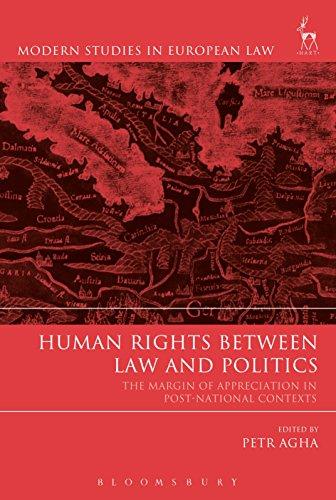Question
Italian Constitutional Court Case n. 238 of year 2014 file:///C:/Users/User/Downloads/Italy,%20Case%20No.%202382014,%20Constitutional%20Court,%202014%20[Eng].pdf Explain the case which is at the origin of the judgement ( It has its
Italian Constitutional Court Case n. 238 of year 2014 file:///C:/Users/User/Downloads/Italy,%20Case%20No.%202382014,%20Constitutional%20Court,%202014%20[Eng].pdf
Explain the case which is at the origin of the judgement ( It has its origin in a case handled by the Tribunal of Florence in 2014 regarding claims for monetary reparations from Germany to Italian individuals due to gross violations of human rights perpetrated during WWII.) , also briefly reporting the cases related to it: the International court of Justice judgement of 2012 (Jurisdictional Immunities of the State (Germany v. Italy: Greece intervening))
- explain the methods of automatic adaptation to international customary law that operates in the Italian Constitution thanks to art. 10. (. Concerning the Italian norm originating from automatic adaptation of international custom on state immunity under Art. 10, the ICC notes that state immunity as interpreted by the ICJ can be granted "only when it is connected, substantially and not just formally, to the sovereign functions of the foreign state" (ICC, 2014))
- Try to explain why the Court has to deal with three different norms, all of them subject to the review. (The three norms at stake are: An Italian legal norm originated by the incorporation, by virtue of Art. 10 of the Constitution, of international custom as found by the ICJ Judgement of 3 February 2012, Art. 1 of Law 848/1957 and Art. 1 (recte: Art. 3) of Law 5/2013. )
- Explain the counter limits doctrine has elaborated by the Court's case law. (3.2 - As was upheld several times by this Court, there is no doubt that the fundamental principles of the constitutional order and inalienable human rights constitute a "limit to the introduction (...) of generally recognized norms of international law, to which the Italian legal order conforms under Article 10, para. 1 of the Constitution" (Judgment No. 48/1979 and No. 73/2011) and serve as counter-limits [controlimiti] to the entry of European Union law (ex plurimis: Judgments No. 183/1973, No. 170/1984, No. 232/1989, No. 168/1991, No. 284/2007), as well as limits to the entry of the Law of Execution of the Lateran Pacts and the Concordat (Judgments No. 18/1982, No. 32, No. 31 and No. 30/1971). In other words, they stand for the qualifying fundamental elements of the constitutional order. As such, they fall outside the scope of constitutional review (Articles 138 and 139 Constitution, as was held in Judgment No. 1146/1988))
- The doctrine of state's immunity in international law, is it a consistent doctrine?
- Is this doctrine compatible with the Court's view of inviolable constitutional rights? What is the constitutional right that is here affected? (The role of and interpretation given to Art. 2 of the Constitution is truly the backbone of this Judgement. The ICC uses it to elaborate its inviolability doctrine put forward in the case, justly recalling its competence and responsibility in questions related to inviolable constitutional principles. It could be argued that inviolability arising from Art. 2 is used by the ICC as a counter-limit to the automatic domestic adaptation of international custom on state immunity, despite the fact that the counter-limit doctrine mainly belongs to the European legal framework.)
- What is the role of art. 2 in this case, if there is any? How does the Court resolve the case?
- propose your vision on the case: is the Court's reasoning acceptable? What are the opposite interests that the Court does not consider here?
Step by Step Solution
There are 3 Steps involved in it
Step: 1

Get Instant Access to Expert-Tailored Solutions
See step-by-step solutions with expert insights and AI powered tools for academic success
Step: 2

Step: 3

Ace Your Homework with AI
Get the answers you need in no time with our AI-driven, step-by-step assistance
Get Started


